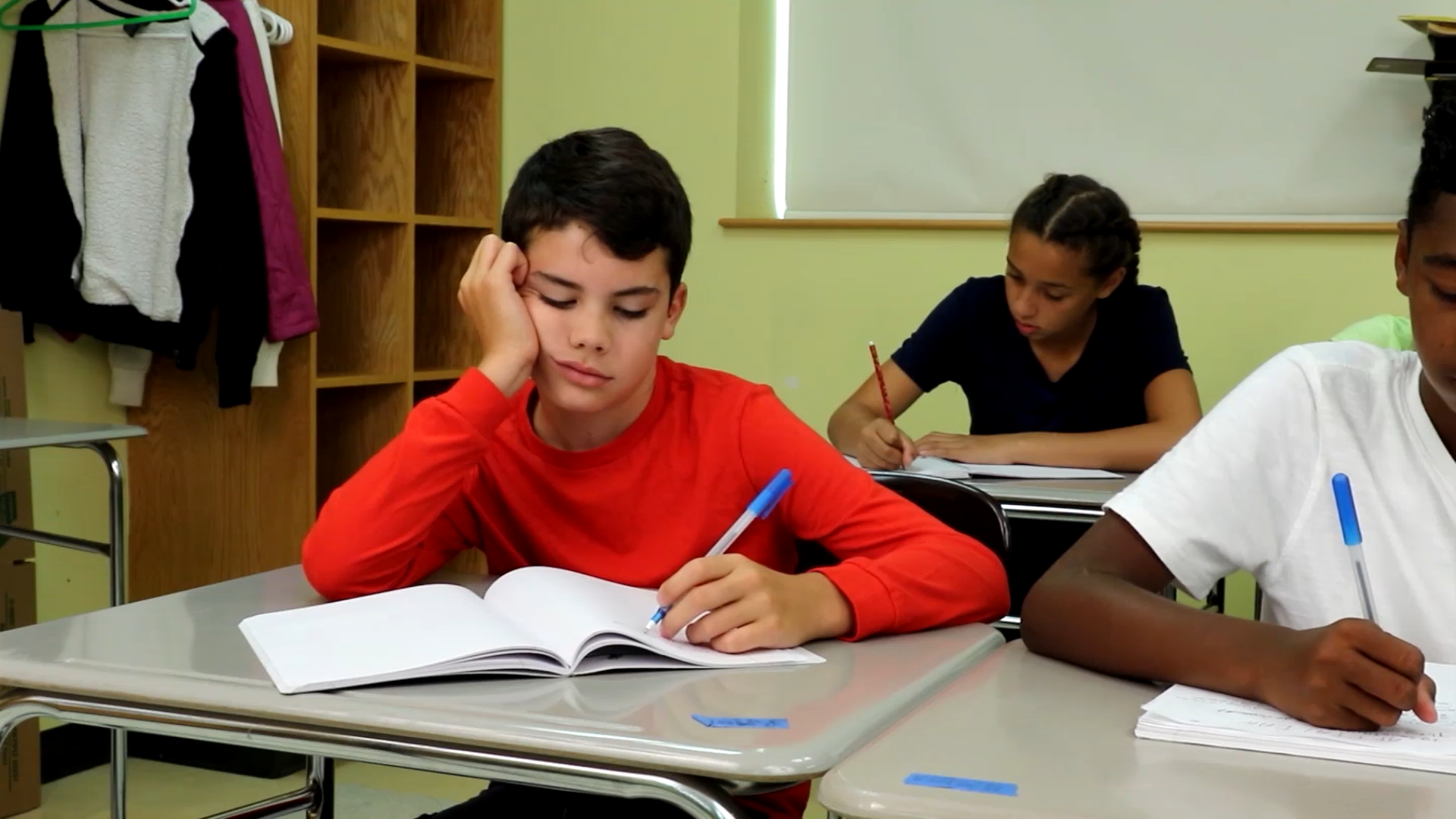
Introduction
In this blog post, we will discuss the importance of teaching elementary students how to recognize their feelings and take steps to regain self-control. By understanding their feelings and bodily sensations, students can better manage their emotions and maintain focus in the classroom. We will provide a no-prep activity for educators to implement, discussion questions to stimulate further conversation, related skills to consider, and next steps for incorporating these lessons into your curriculum.
No-Prep Activity: The Feeling Check-In
This simple activity requires no preparation or materials and can be easily integrated into your daily routine. At various points throughout the day, ask students to pause and complete a “Feeling Check-In.” During this time, students should silently reflect on their current emotions and physical sensations. Encourage them to consider questions such as:
- Am I feeling happy, sad, angry, or another emotion?
- Is my body telling me I’m hungry, thirsty, or tired?
- Do I feel hot or cold?
- Am I moving slowly or quickly?
After a brief reflection period, invite students to share their feelings and any actions they plan to take to regain self-control, if needed. This activity promotes self-awareness and self-regulation, essential components of social-emotional learning.
Discussion Questions
Stimulate further discussion and reflection with the following questions:
- What are some signs that you might be losing self-control? How can you recognize these signs in yourself?
- Why is it important to be aware of your feelings and physical sensations during the school day?
- What strategies can you use to regain self-control when you notice you’re feeling out of control?
- How can regaining self-control help you be a better student and friend?
- What can you do to support your classmates when they’re struggling to maintain self-control?
Related Skills
Teaching students to recognize their feelings and regain self-control is just one aspect of social-emotional learning. Other related skills that can support students’ emotional well-being and success in the classroom include:
- Active listening
- Conflict resolution
- Empathy and compassion
- Goal setting and perseverance
- Cooperation and teamwork
Next Steps
If you’re interested in incorporating more social-emotional learning activities into your curriculum, we encourage you to explore the free sample materials available at Everyday Speech. These resources can help you teach valuable skills that will support your students’ emotional well-being and academic success.

